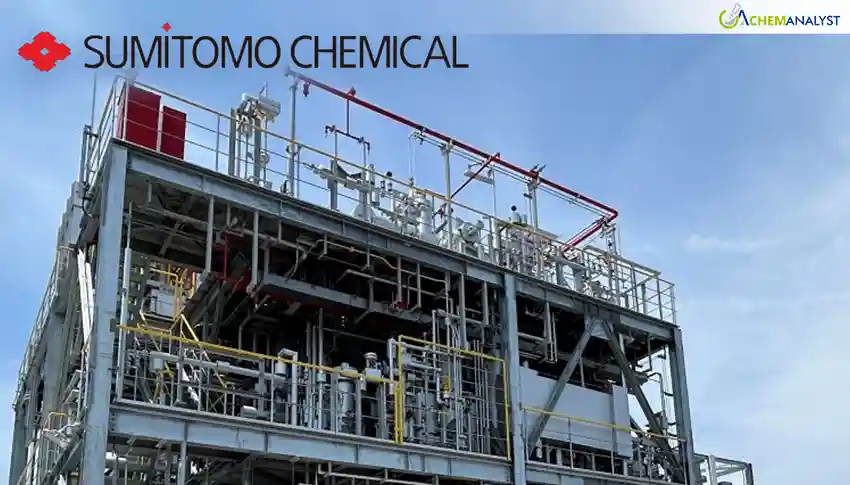Welcome To ChemAnalyst

The technology, supported by Japan's Green Innovation Fund, offers a sustainable and cost-effective alternative to traditional fossil fuel-based production.
Sumitomo Chemical Co., Ltd. has taken a monumental step toward revolutionizing the Petrochemical Industry with the successful scale-up and operation of a pilot facility for its new proprietary process, which produces a key chemical, Propylene, directly from ethanol. The company announced on Wednesday that the facility, located at its Chiba Works, is a critical component of a demonstration project aimed at commercialization by the early 2030s.
The development is a direct response to the global imperative to transition away from fossil-based feedstocks and reduce carbon emissions. Propylene is a foundational chemical used to create a vast range of products, from plastics and resins to fibers and adhesives. Currently, its production is heavily reliant on naphtha, a petroleum-derived resource, contributing significantly to the industry's carbon footprint. Sumitomo Chemical's new process offers a powerful alternative by utilizing ethanol, a feedstock that can be sustainably produced from biomass sources like sugarcane and corn. Importantly, advancements in technology are also making it feasible to produce ethanol from non-edible materials, including combustible waste.
What sets Sumitomo Chemical's technology apart is its efficiency. Unlike other methods that require an intermediate step to convert ethanol into ethylene before making propylene, this new process achieves a direct, one-step conversion. This streamlined approach is expected to substantially reduce production costs and energy consumption. Furthermore, the process yields a valuable byproduct: hydrogen. This bio derived hydrogen can be utilized as a clean energy source within the plant or sold for other industrial applications.
The demonstration project is receiving robust support from the New Energy and Industrial Technology Development Organization (NEDO) through Japan's Green Innovation Fund. This government-backed initiative is designed to provide long-term, continuous support for ambitious R&D projects that contribute to achieving carbon neutrality by 2050. The collaboration underscores a growing synergy between the public and private sectors in Japan to accelerate the development and social implementation of cutting-edge green technologies.
Looking ahead, Sumitomo Chemical's strategy goes beyond simply producing a new chemical. The company plans to collect vital data from the pilot facility to refine the process for industrial-scale production. It will also conduct extensive marketing activities for the polypropylene produced from this new bio-based feedstock, aiming to demonstrate its quality and secure market adoption. The company's long-term vision is to not only commercialize the technology for its own use but also to license it to other companies, thereby spreading its positive environmental impact across the global Chemical Industry.
We use cookies to deliver the best possible experience on our website. To learn more, visit our Privacy Policy. By continuing to use this site or by closing this box, you consent to our use of cookies. More info.
